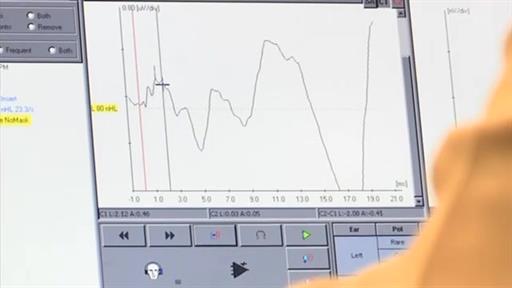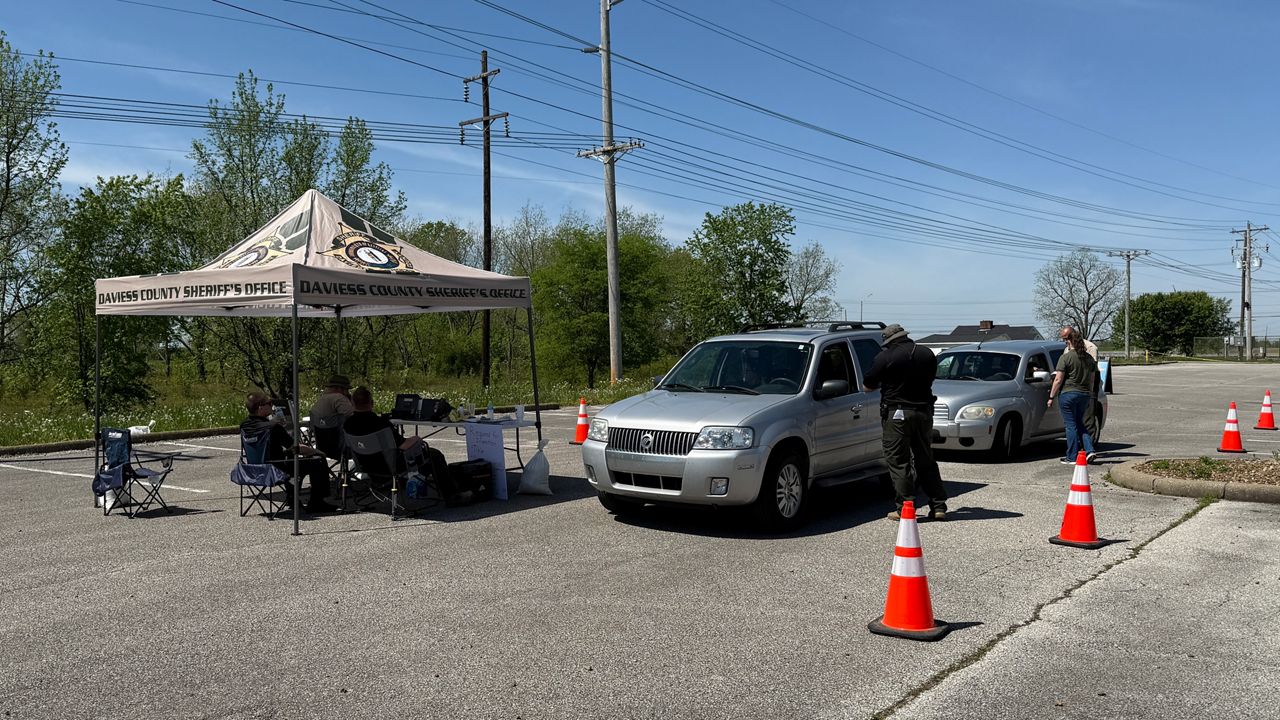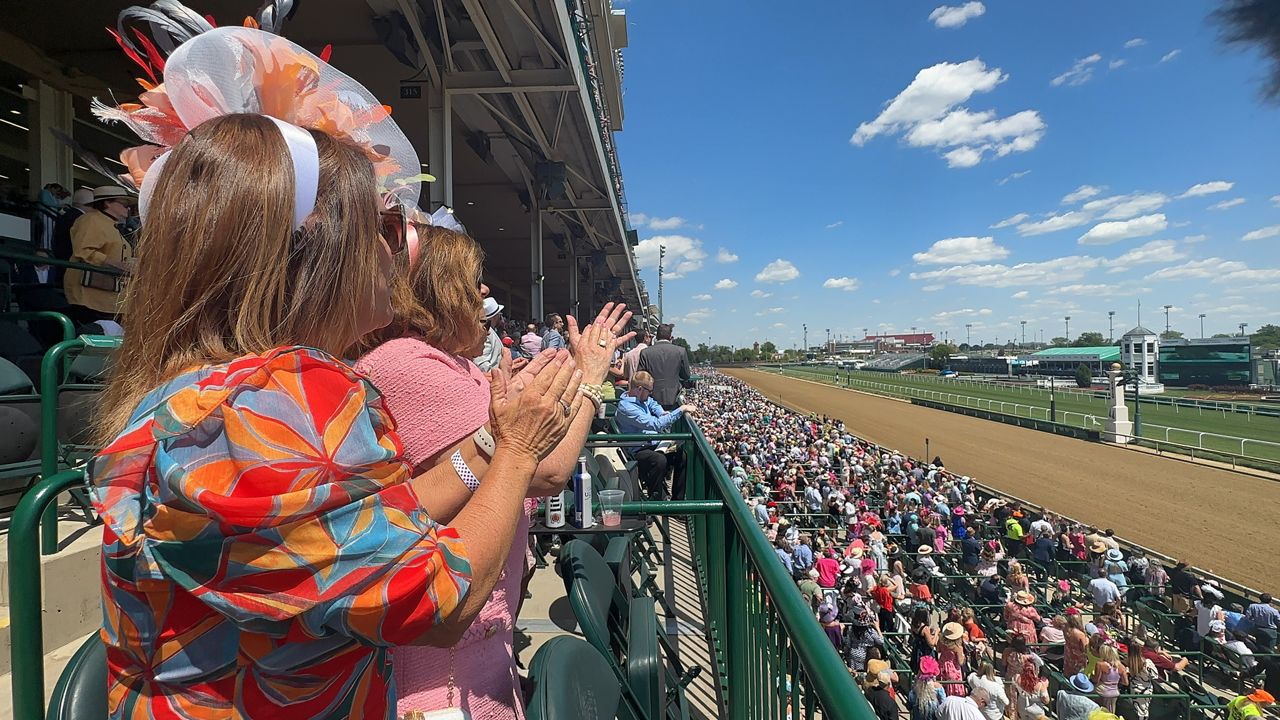LEXINGTON, Ky. - Most children who are deaf or hard of hearing are born to hearing parents who don’t have experience with hearing health care or sign language.
Kristi Grider remembered when her son, Kenton, was diagnosed with severe hearing loss.
“That was a very dark day for me because I wasn’t expecting that and I didn’t have anyone here or any support system with me here,” Grider said.
A $3.2 million project called Communities Helping the Hearing of Infants by Reaching Parents (CHHIRP) aims to improve the process of accessing diagnostic hearing tests. It is funded by an R01 grant from the National Institute of Deafness and Other Communication Disorders (NIDCD)
The project is led by Dr. Matthew Bush, an ear, nose, and throat specialist at the University of Kentucky College of Medicine Division of Otology. Dr. Bush hopes the project can help raise awareness and the number of infants who receive the diagnostic test.
“It’s really about mobilizing resources and key individuals within communities to come alongside parents that may need support,” Dr. Bush said.
CHHIRP pairs families with patient navigators who have also been through the experience. Up to 30 patient navigators, including Grider, across as many as 10 state-funded hearing health care clinics will be trained to help at least a thousand families through the diagnostic process.
Nationally, only about 40 percent of infants get ABR tests. In Kentucky, that number is higher at 66 percent. But, it is below the CDC’s goal of 90 percent.
Dr. Bush has some reasons why Kentucky’s number falls short of the CDC’s goal. Few audiologists administer ABR testing, especially in rural areas, so parents often have to travel long distances to get the tests. Parents and providers often have limited knowledge about hearing healthcare and screen and the importance of early identification.
Grider is hopeful the CHHIRP project can help overcome these challenges and help other families all across Kentucky.
You should know you’re not alone and we are here to help you,” Grider said.
UK’s Kentucky Clinic recommends all should be screened no later than when they are one month old. The clinic said all should be diagnosed with either normal hearing or with their detected degree of hearing loss no later than at 3 months old.










